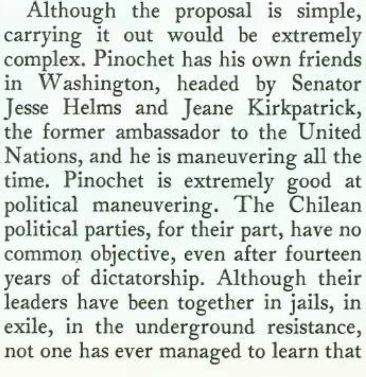Patrick Iber
@patrickiber.bsky.social
6.9K followers
700 following
2.5K posts
Co-editor, Dissent Magazine. I teach history at the University of Wisconsin, Madison. Write books about Cold War culture and propaganda. Have written for the set of all publications that are not members of themselves
Posts
Media
Videos
Starter Packs
Reposted by Patrick Iber












